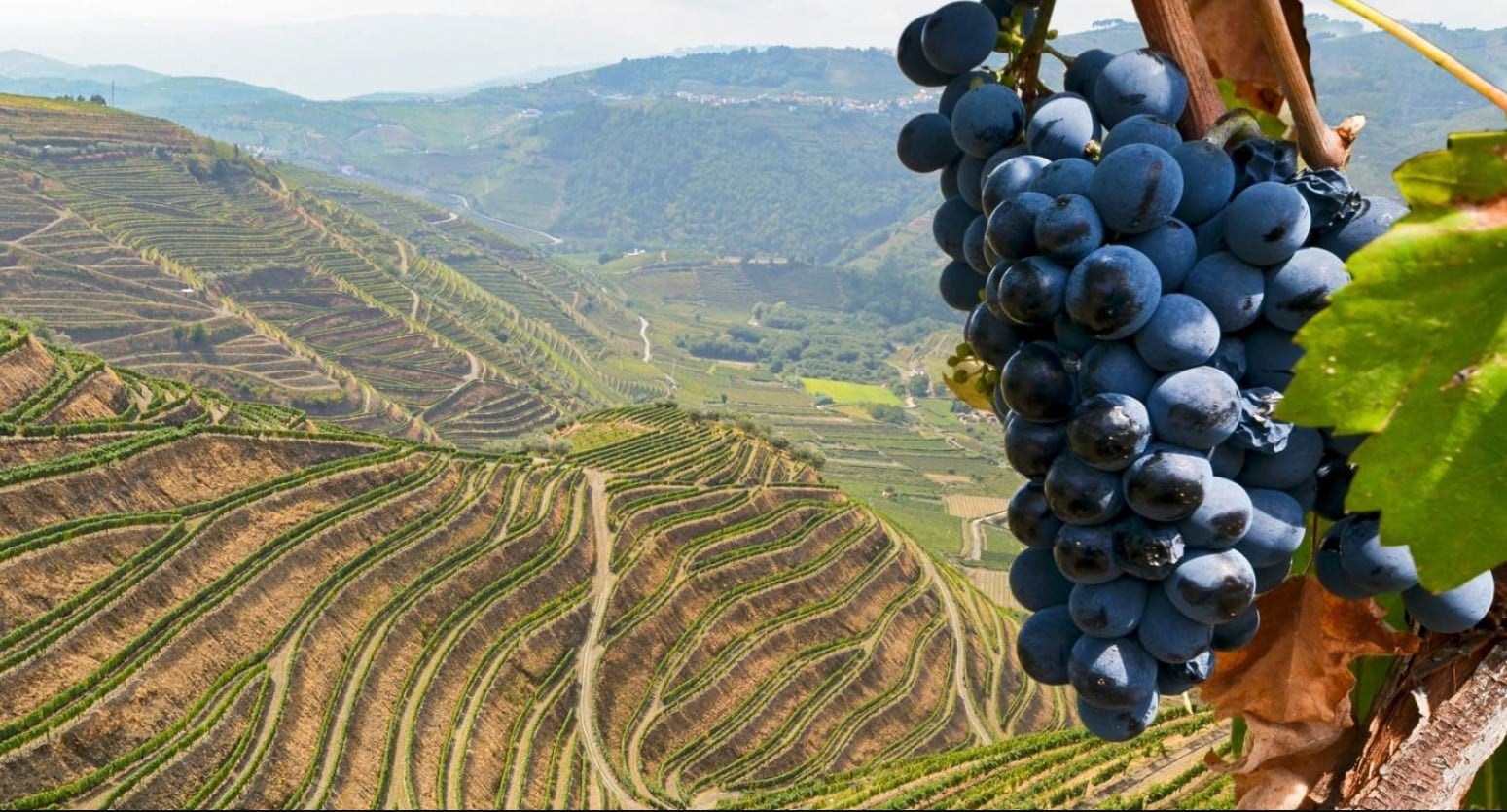The ministry of agriculture has begun immediate assessments for crop damage across 28 communities in Limassol following the massive wildfires, it announced on Friday. However, winemakers are voicing concern that the planned compensation will fall far short of addressing the true extent of the damage to the region’s wine industry.
Speaking to CNA, head of the agriculture ministry’s risk management department, Savvas Hadjimichael, said the ministry aims to expedite the compensation process for affected farmers, significantly reducing the usual waiting period.
“The mechanism is being set up so that we can start even tomorrow morning,” he stated, adding that the exact start date depends on decisions expected to follow a meeting scheduled for Friday afternoon.
The meeting will finalise details of how the damage will be recorded and assessed. Inspectors and appraisers will work daily, including over the next two weekends, to ensure that the evaluation process is completed within 15 days. Staff leave has already been revoked to meet demand.
The fire is believed to have burned over 125 km2, primarily in viticultural areas. Preliminary satellite analysis from the Eratosthenes Centre of Excellence suggests that around 15,000 decares of wine-producing crops – roughly 30 per cent of the region’s total 50,000 decares – may have been affected.
The department will begin accepting damage claims from growers within the designated zones, with the final list to be confirmed using satellite imagery and following discussions at Friday’s meeting.
Regarding compensation, Hadjimichael clarified that payouts will be based on losses to the raw agricultural product, grapes, rather than the processed product, such as wine.
Despite the government’s response, members of the Cyprus Winemakers Association are raising concerns that compensation focused solely on raw grape crops will not meaningfully address the long-term economic losses faced by wineries.
“Compensation for grapes is a drop in the ocean for winemakers,” Markos Zambartas, a member of the association, told CNA. He emphasised that while crop insurance typically covers grapes lost to natural disasters, it does not account for the higher value of processed wine or business losses from disrupted production.
Zambartas noted that the association will consider conducting its own damage assessments, although he admitted these would likely not be factored into the government’s official compensation calculations.
According to Zambartas, grape production in the fire-affected wine villages of Limassol has been completely lost for this year, and next year’s yield is expected to be significantly reduced due to heat and soil damage.
“Specialised wines from specific regions, which usually have the highest selling price, will be affected the most,” he said.
He added that while wineries may source grapes from other regions to mitigate losses, those producing terroir-driven wines will struggle to maintain their unique profiles.
Zambartas also described the situation at his family’s winery in Agios Amvrosios, Limassol, which came under direct threat during the fire.
“Some of our vineyards were affected, and the winery itself was narrowly saved thanks to the staff,” he said, adding that there was a “complete absence” of the fire department.
He further explained that in some areas, vineyard roots were scorched beyond recovery, while others sustained perimeter damage only. The intense heat also killed vital microorganisms in the soil, which are essential for healthy vine growth.






Click here to change your cookie preferences